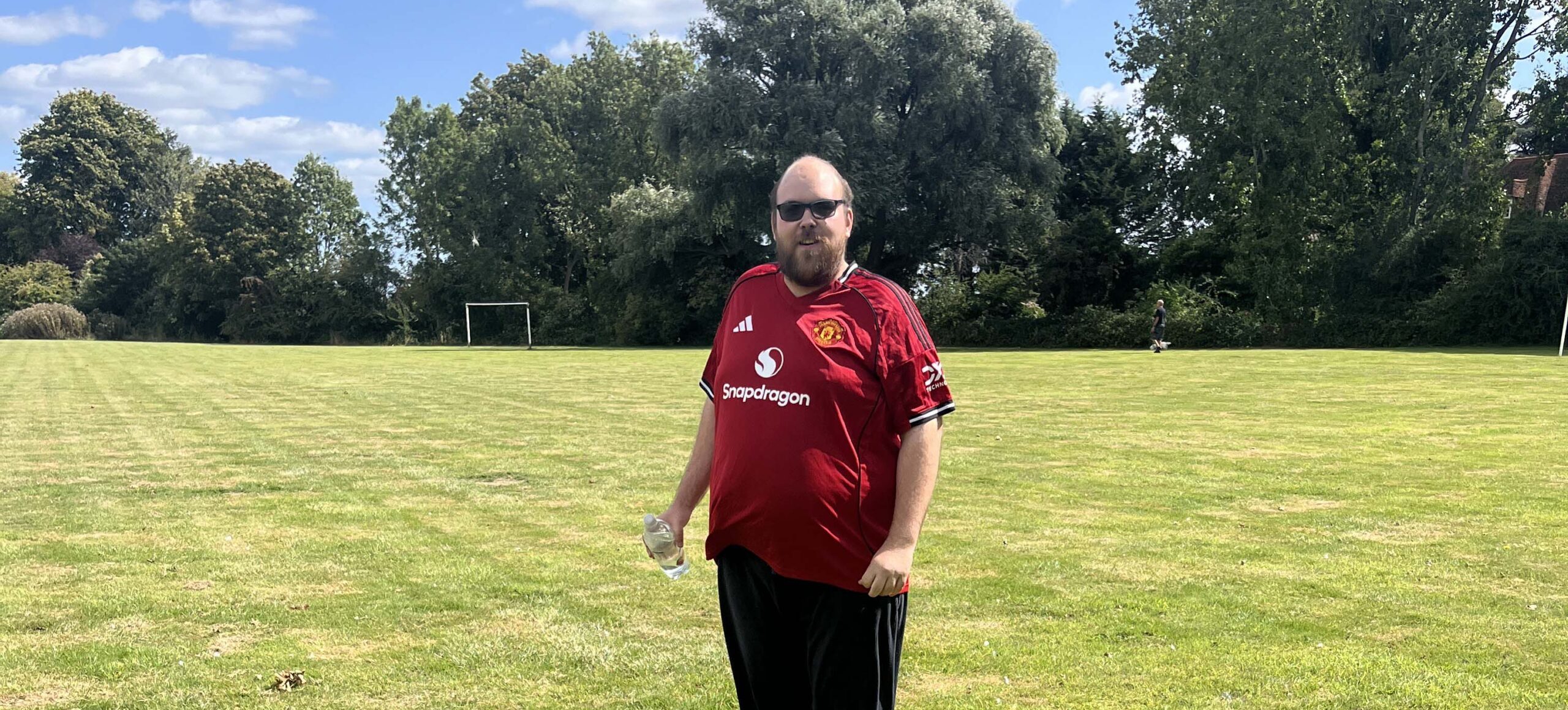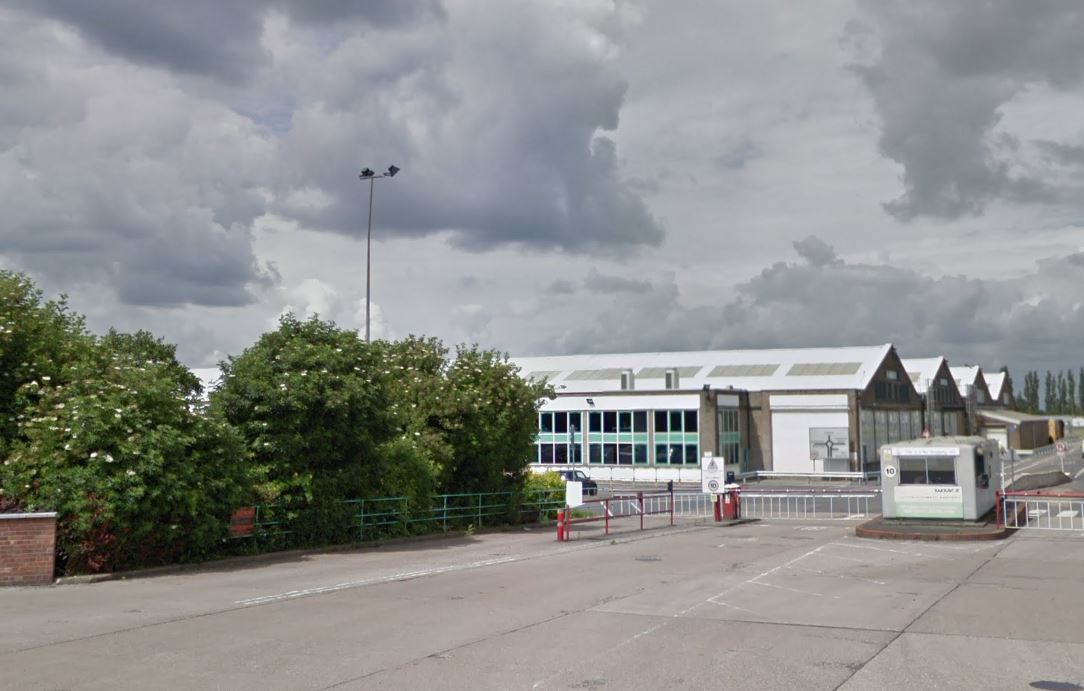The number of reports of fly-tipping have decreased 14 per cent, the district council has said.
South Holland District Council says there were 1,751 incidents reported to it in the 2024/25 financial year, which is down from 2,027 over the previous period.
“While numbers remain higher than pre-2023 levels, this recent drop suggest that enforcement actions, community education, and improved reporting systems are starting to have a positive impact,” a council spokesman said. “The council remains committed to driving down illegal dumping even further through targeted campaigns, partnership working, and continued investment in enforcement.
“Residents are reminded that waste can be disposed of safely their local Household Waste Recycling Centres, and bulky waste collection services through the council are also available.”
Along with its partners in the South and East Lincolnshire Council Partnership, South Holland District Council has employed a company called Kingdom to have an ‘enviro-crime’ team in the district.
Its remit includes to prosecute those who fly-tip.
The contract came into effect in January 2023.
Coun Antony Casson, portfolio holder for public protection for South Holland District Council said: “Fly-tipping is a blight on our communities, and we know there’s still more to do.
“But this reduction is a step in the right direction. We’re grateful to residents who are helping by reporting incidents and disposing of waste responsibly.”
‘Confusing’ figures to be axed?
Giving performance indicators for the private company paid by the council to help enforce fly-tipping are ‘not conducive’ to its work, according to a report to South Holland District Council.
Kingdom is contracted to improve the number of fixed penalty notices given for fly tipping and payment collected in order to deter would-be tippers of rubbish in the district.
Another measure of performance for the company has been the percentage of payment rates, which will also no longer be recorded in the reports as a key indicator of performance.
The reason given, in a report due to go before the Full Council meeting on Wednesday (May 14), said: “Performance is considered confusing and not conducive to the work carried out by the department.”
Removing the indicator means there will be no target statistics included in the Performance Monitoring Panel’s reports when it meets throughout the year.
At a meeting of the panel held in March, there were questions over the ‘best value’ with the Kingdom contract.
A spokesman for South Holland District Council said there would still be ‘indicators’ remaining for the Kingdom contract.
The number of notices paid, number outstanding and percentage payment rates will be given as ‘trends’ rather than ‘performance indicators’.
Similarly there will be reports relating to the number of Community Protection Notices for alcohol, number of anti-social behaviour cases opened and closed.
“These are workflow performance indicators that do not reflect the work of the department, only the number of tasks completed. They are entirely dependent on external factors that are outside the control of the team,” the report says.
The same reason is given for removing the number of acceptable behaviour agreements, community protection notice warnings and the number of injunctive actions, enforcement orders, civil injunctions and criminal behaviour orders from future PMP meetings.







